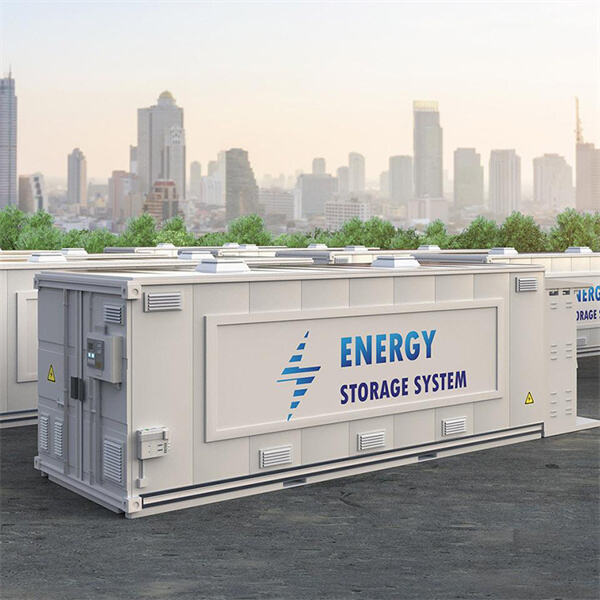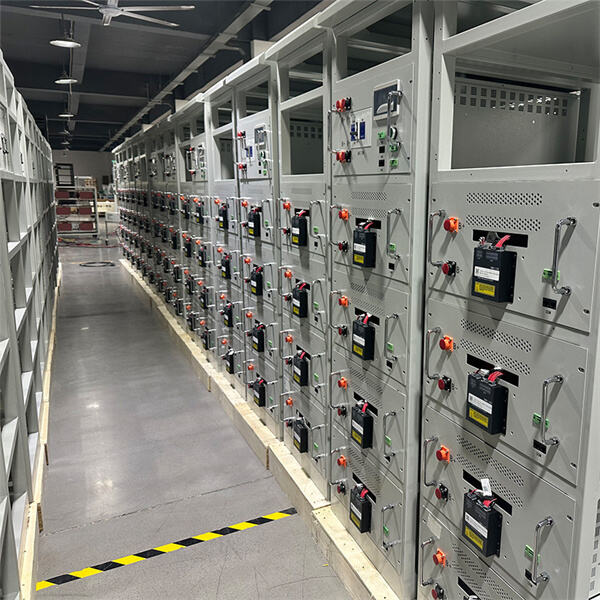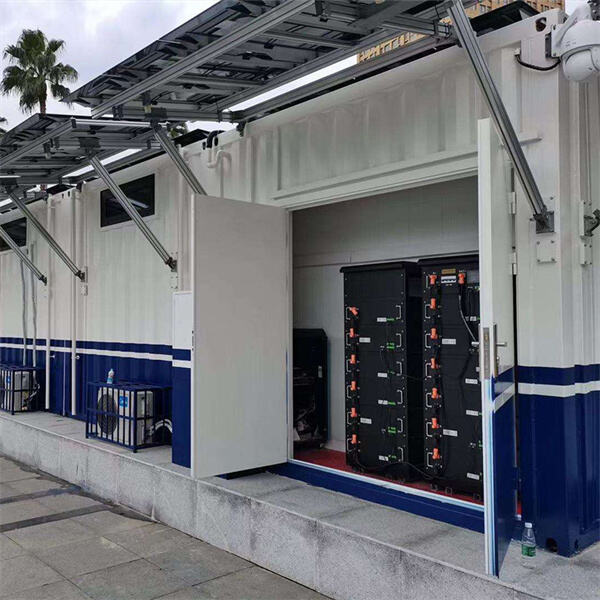Energy storage systems are akin to large batteries that can hold energy for when it is needed. They matter because they make it possible for us to save energy and tap it when we need it most. These ensystems capture extra energy when it isn't being used, then release it back into the system when it is. This assists us in matching supply and demand of energy at our homes and in our communities.
Energy storage is an essential part of our daily lives. They are crucial for enabling us to store energy from intermittent sources, such as the sun and the wind. We can then use this energy later, when the sun is not out or the wind is not blowing, which infallibly occurs. This is key to achieving more secure and stable energy generation to power our homes and gadgets.

There are several advantages with energy storage systems. They also help us lower our energy costs by drawing stored energy when power is most expensive. They also help us lower our carbon footprint by doing a better job of using sustainable energy sources. Energy storage systems also enable us to have a more consistent energy supply even in case of emergencies or blackout.

As societies the world over continue to transition from fossil fuels to cleaner and more sustainable sources of energy, systems that can provide energy storage solutions are becoming increasingly important. Through energy storage systems, we can have better access to renewable Energies such as solar and wind. This is how we can preserve the environment and provide a cleaner, healthier future for our children.

There are some really cool developments going on in ESS. Scientists and engineers are working on new technologies to store more energy more efficiently and more cheaply. Some of these have included new kinds of batteries, such as the lithium-ion batteries, as well as sophisticated software systems that can squeeze the most out of storing and using energy. It’s these kinds of breakthroughs that are going to enable us to build a more sustainable, dependable power system in the future.